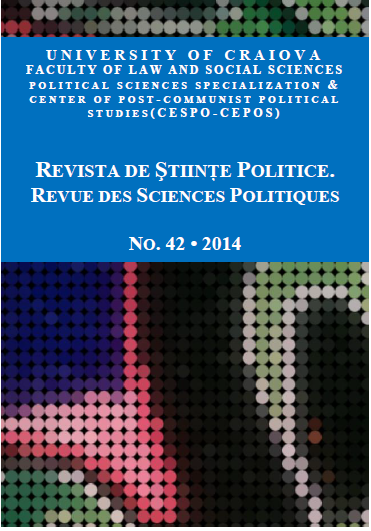The necessity to develop competencies in the field of cultural and intercultural education to the level of the students - prospective teachers
The necessity to develop competencies in the field of cultural and intercultural education to the level of the students - prospective teachers
Author(s): Ecaterina Sarah FrăsineanuSubject(s): Education, Sociology of Culture, Sociology of Education
Published by: Editura Universitaria Craiova
Keywords: education; culturalism; interculturalism; teacher; European competencies;
Summary/Abstract: One of the essential functions of the current education is represented by the enlightenment, and this function was subsequently completed by a perspective that focused on the cultural exchanges. The new educations refer to cultural and intercultural educations, which are components that can be addressed from the preschool age, to children, till youth, adulthood or old age as processes integrated in the lifelong training, but youth or the academic studies period is considered as the age that it can exploit the full learning potential of the individual. The cultural and intercultural education relates to other aspects of the education: axiological education, civic education, human rights education, education for democracy, political education, social education, European citizenship education, entrepreneurship education, moral education, religious education, education for tolerance and so on. The specific of the learning means that it depends on the field of the study and the accessibility of learning content, but there are also involved a number of individual features of the learner, the transfer, exercise and training strategies, moral, professional and pedagogical competencies of teacher, the quality of academic life, the systemic nature of the educational process, socio-cultural influences exerted from the outside.
Journal: Revista de Științe Politice. Revue des Sciences Politiques
- Issue Year: 2014
- Issue No: 42
- Page Range: 112-123
- Page Count: 12
- Language: English

